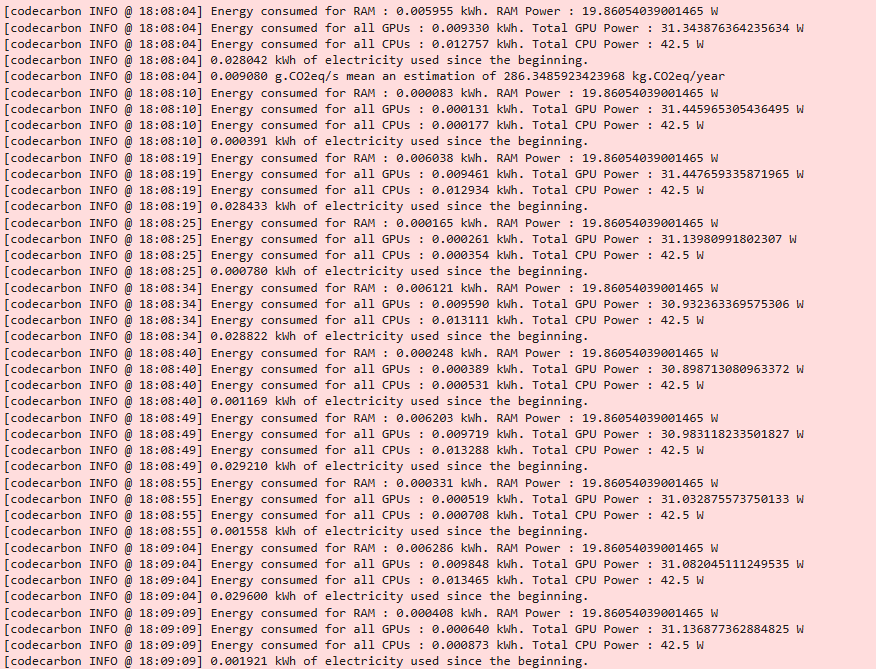Project 3: Implementing Code Carbon's Energy Management
Artificial Intelligence (AI) has been revolutionary, but its rapid growth has come with significant environmental costs. Training and deploying large-scale AI models require substantial computational resources, resulting in increased energy consumption and greenhouse gas emissions. This tutorial addresses these challenges by introducing energy-efficient deep learning practices and tools to measure, analyze, and mitigate the carbon footprint of AI systems.
The goals of this tutorial are:
- Educate participants on the environmental impact of AI and the importance of sustainable practices.
- Provide hands-on experience with tools for monitoring and reducing carbon emissions during AI model training.
- Explore energy-efficient implementations of object detection models such as YOLO-v5 and R-CNN.
By the end of the tutorial the attendees are able to:
- Understand Environmental Impact: Gain insights about the importance of sustainable AI techniques as well as the energy usage and carbon emissions of AI models.
- Utilize Carbon Monitoring Tools: Learn how to track and lower the carbon impact of AI tasks by utilizing tools such as CodeCarbon, CarbonTracker, and Eco2AI.
- Compare Model Efficiency: Gain the ability to evaluate the energy efficiency of various AI models and training environments.
- Implement Object Detection Models: Acquire hands-on experience in training and evaluating object detection models, specifically YOLO-v5 and R-CNN, while applying energy-efficient practices.
- Promote Sustainable AI Practices: Understand how to incorporate energy-efficient techniques into AI processes to support ecologically conscious and responsible innovation.
Typical Energy Measurement Output
